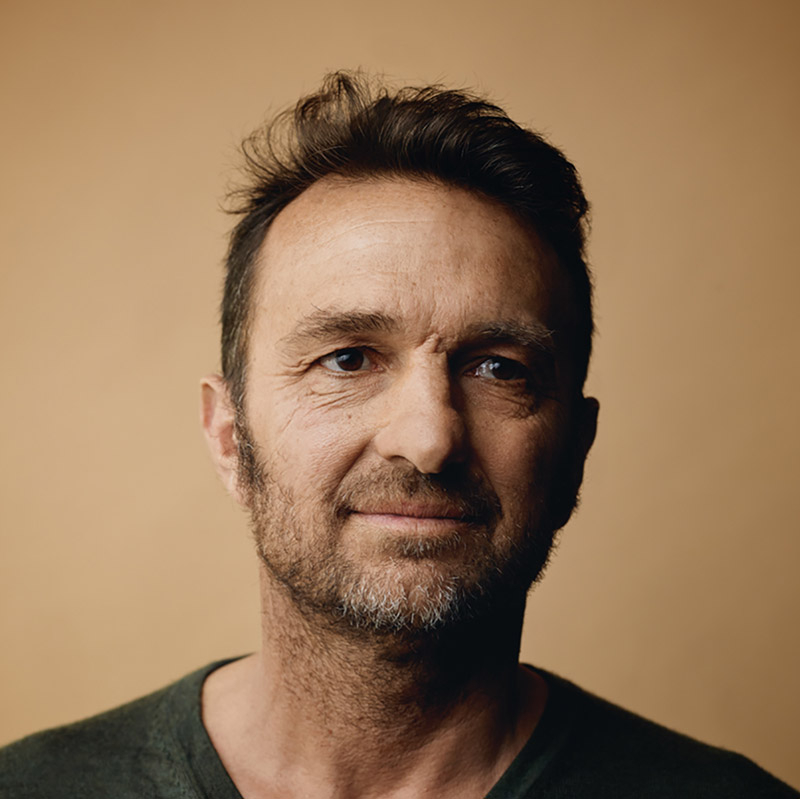28 September 2022
By Tim Baker
During the COVID 19 pandemic, particularly the strict lockdowns in Victoria, there was a sharp and dramatic drop in cancer diagnoses. And the sharpest and most dramatic drop of all was for prostate cancer, with a 60% reduction in prostate cancer screening in Victoria.
What makes this so alarming, is that by the time many of these men who didn’t get tested for prostate cancer get back to their GPs, some will have experienced “stage migration” or the progression of their cancer from localised to advanced. This, of course, makes treatment much more challenging and invasive and, ultimately, advanced disease can be managed for a time but is not considered curable.
A few years ago, there was a bit of push back to the idea of widespread prostate cancer screening. Testing, it was feared, could lead to over-diagnosis and over-treatment of low-risk cancers. But the pendulum, and the research, has now definitely swung back in favour of testing. Improved diagnostic tools like imaging means prostate cancer can be diagnosed much more precisely and high-risk cancers identified earlier. Any risk of over-treatment is more than outweighed by the great benefit in catching prostate cancers early before they spread. Low risk cancers can now be identified, and unnecessary treatment avoided, and high-risk cancers can be picked up and appropriate treatment given as soon as possible.
US studies show that a reduction in PSA testing led to more advanced prostate cancers being diagnosed and guidelines have now been adjusted in the US and Europe to reflect the latest science. Urologists are now calling for Australian guidelines to be adjusted and for GPs to discuss PSA testing with their patients. Prostate Cancer screening is usually recommended for men from age 50 or, if there is a family history of prostate cancer, at 40.
Pandemic aside, there’s also been an unwarranted squeamishness about the digital examination among some men. As blokes, we really need get over this. An important and potentially life-saving medical procedure does not call your sexuality into question. It’s quick, painless, and effective in identifying if there is something awry with the size and texture of your prostate. Get over it.
The difference between treating localised and advanced prostate cancer is like night and day, so it makes sense to catch prostate cancer early when it is entirely treatable and curable. That’s not to say a radical prostatectomy or follow up radiation or hormone therapy (if required) is a walk in the park. But it is a different order of magnitude to the impacts of ongoing hormone therapy and the myriad challenges of advanced disease.
In short, get tested. Encourage the men in your life to get tested. Better still, adopt some lifestyle strategies to reduce your risk of prostate cancer. Plenty of exercise, fresh fruit and vegetables, green tea. Reduce stress, alcohol, red meat, processed foods. A healthy lifestyle is your best protection against prostate cancer, and you can see the evidence in the lower rates of prostate cancer in countries like Japan where traditional diets (local, seasonal, fermented foods, soy products, green tea, fresh fish) seem to have a protective effect.
Ultimately, prevention is better than cure, and early detection is better than advanced disease. Simple. Look after yourself. Eat well. Get some daily exercise. And, for the sake of all that is holy, please get tested.
About the Author

Tim Baker is an award-winning author, journalist and storyteller specialising in surfing history and culture, working across a wide variety of media from books and magazines to film, video, and theatre. Some of his most notable books include “Occy”, a national bestseller and chosen by the Australia Council as one of “50 Books You can’t Put Down” in 2008, and “The Rip Curl Story” which documents the rise of the iconic Australian surf brand to mark its 50th anniversary in 2019. Tim is a former editor of Tracks and Surfing Life magazines. He has twice won the Surfing Australia Hall of Fame Culture Award.
Tim was diagnosed with stage 4, metastatic prostate cancer in 2015 with a Gleason score 9. He was told he had just five years of reasonable health left, but seven years on, at 57, he’s still surfing, writing, and enjoying being a dad. His latest book, Patting The Shark, also documents his cancer journey and will be published in August. Tim will be sharing weekly insights into his journey to help other men who have also been impacted by prostate cancer.
